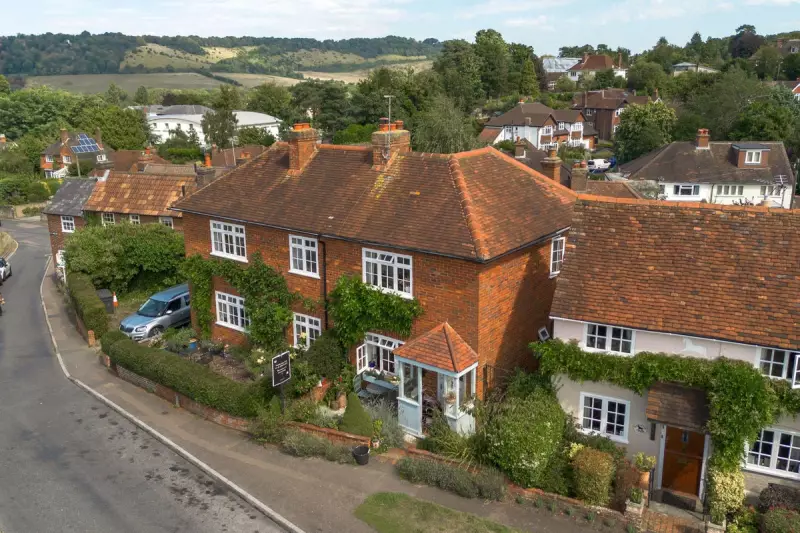
Britain stands at a fiscal crossroads, with an incoming Labour government facing what experts describe as a "financial black hole" of staggering proportions. The conventional solution of hiking income taxes threatens to further squeeze already struggling households, but there may be a smarter approach waiting in the wings.
The Wealth Versus Income Conundrum
While income tax rises have traditionally been the go-to solution for Treasury shortfalls, economists are increasingly pointing toward Britain's vast untapped wealth reserves. The UK's property wealth alone represents a potential goldmine for public finances, particularly through reforms to council tax and the long-debated mansion tax.
Why Council Tax Needs Radical Reform
The current council tax system, based on property values from 1991, has become increasingly absurd and regressive. A multi-million pound London townhouse pays barely more than a modest suburban home in many northern towns. Modernising these bands to reflect 2024 property values could generate billions without increasing rates for the majority of homeowners.
As one policy expert noted, "We're trying to solve 21st century problems with 20th century tax tools. The system is fundamentally broken and unfair."
The Mansion Tax Resurrection
Once proposed by Ed Miliband, the mansion tax on properties worth over £2 million has returned to the political conversation. With London property prices having soared over the past decade, such a levy could generate significant revenue from those most able to pay.
Critics argue it could penalise "asset-rich, cash-poor" homeowners, but proponents counter that carefully designed thresholds and payment options could mitigate these concerns.
The Political Tightrope
Labour faces a delicate balancing act. The party must demonstrate fiscal responsibility while avoiding the "tax and spend" label that has haunted previous left-leaning governments. Focusing on wealth taxes rather than income hikes could provide the political cover needed to address the budget deficit without alienating middle-income voters.
As one Westminster insider observed, "The public understands the difference between taxing someone's hard-earned salary and taxing unearned property wealth that has multiplied through market forces."
A Broader Economic Vision
Beyond immediate revenue needs, wealth tax reform represents an opportunity to address Britain's deep-seated inequality problems. The concentration of property wealth among older generations has created what some call "generational theft," where young people are locked out of the housing market while inheritors benefit from windfalls they did little to earn.
Reforming capital gains tax, inheritance tax, and introducing proper wealth assessments could create a fairer system that supports public services without stifling economic growth.
The coming years will test whether Britain has the political courage to modernise its tax system. With public services straining and the national debt mounting, the choice between taxing income and taxing wealth may define the next government's legacy.





